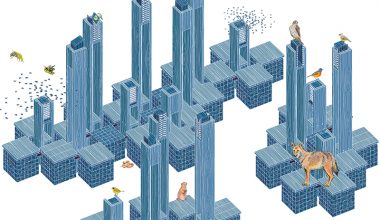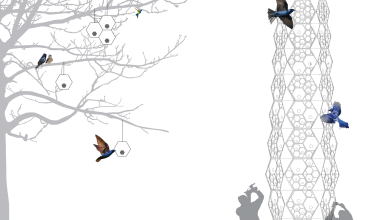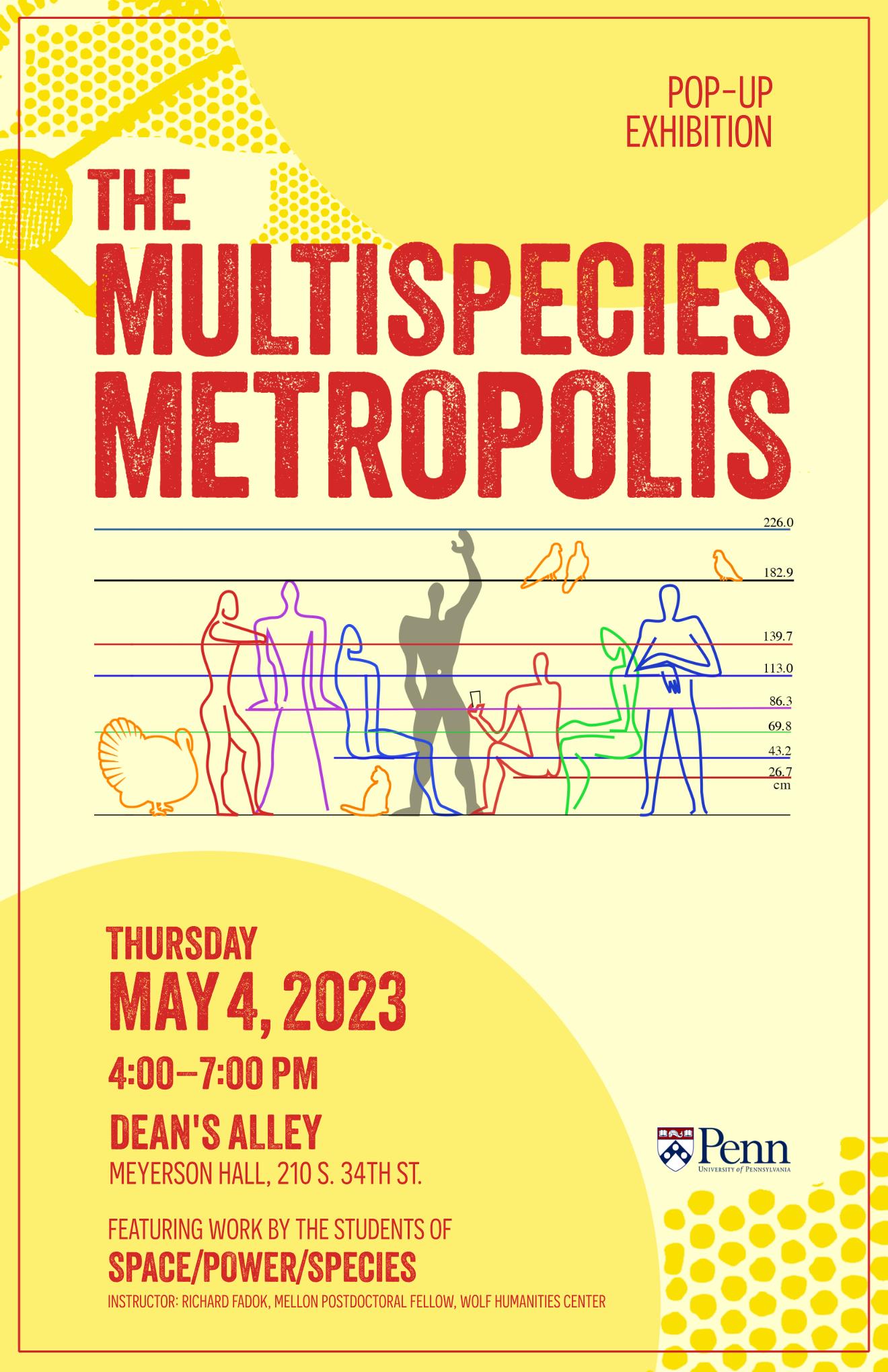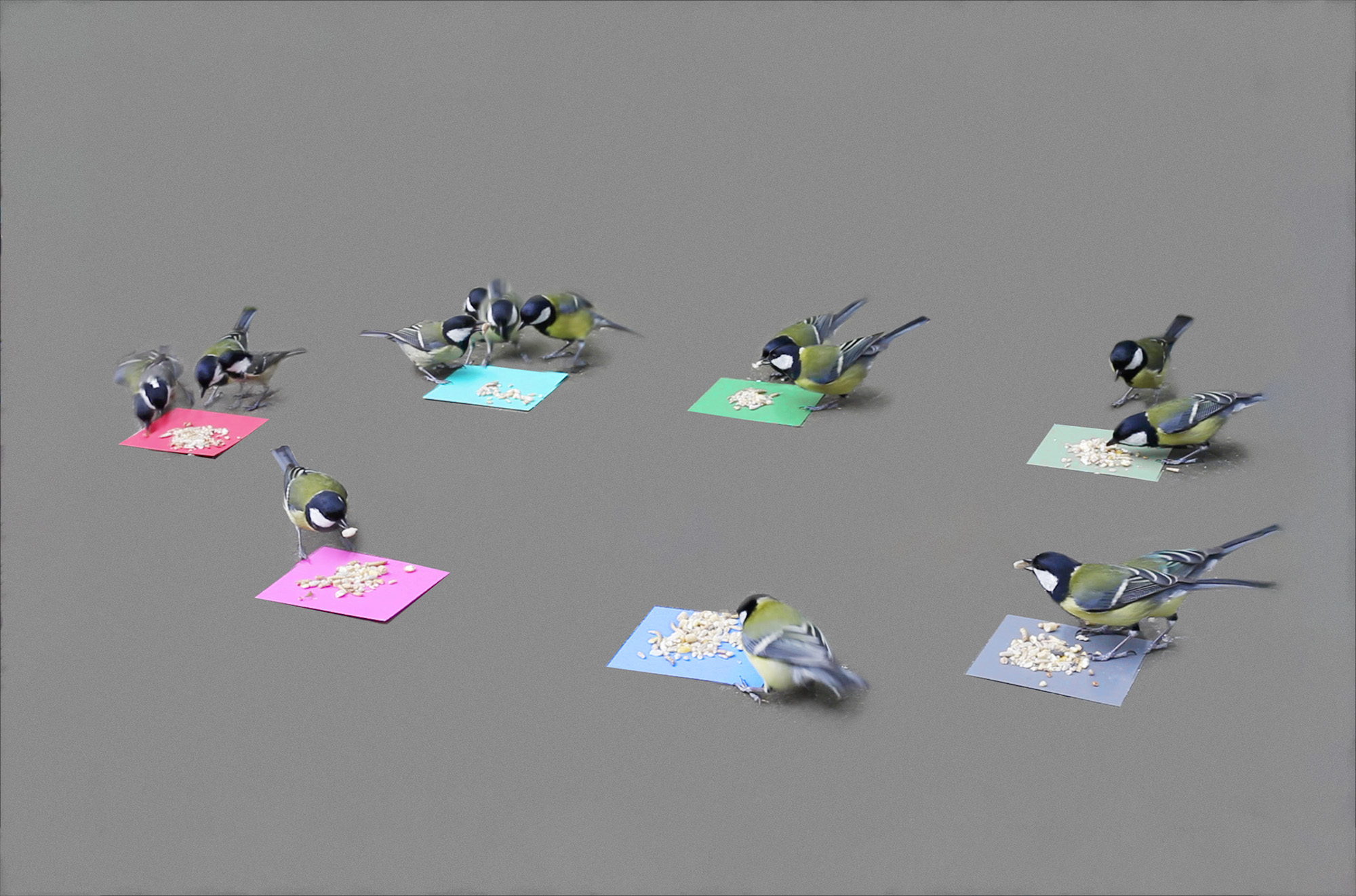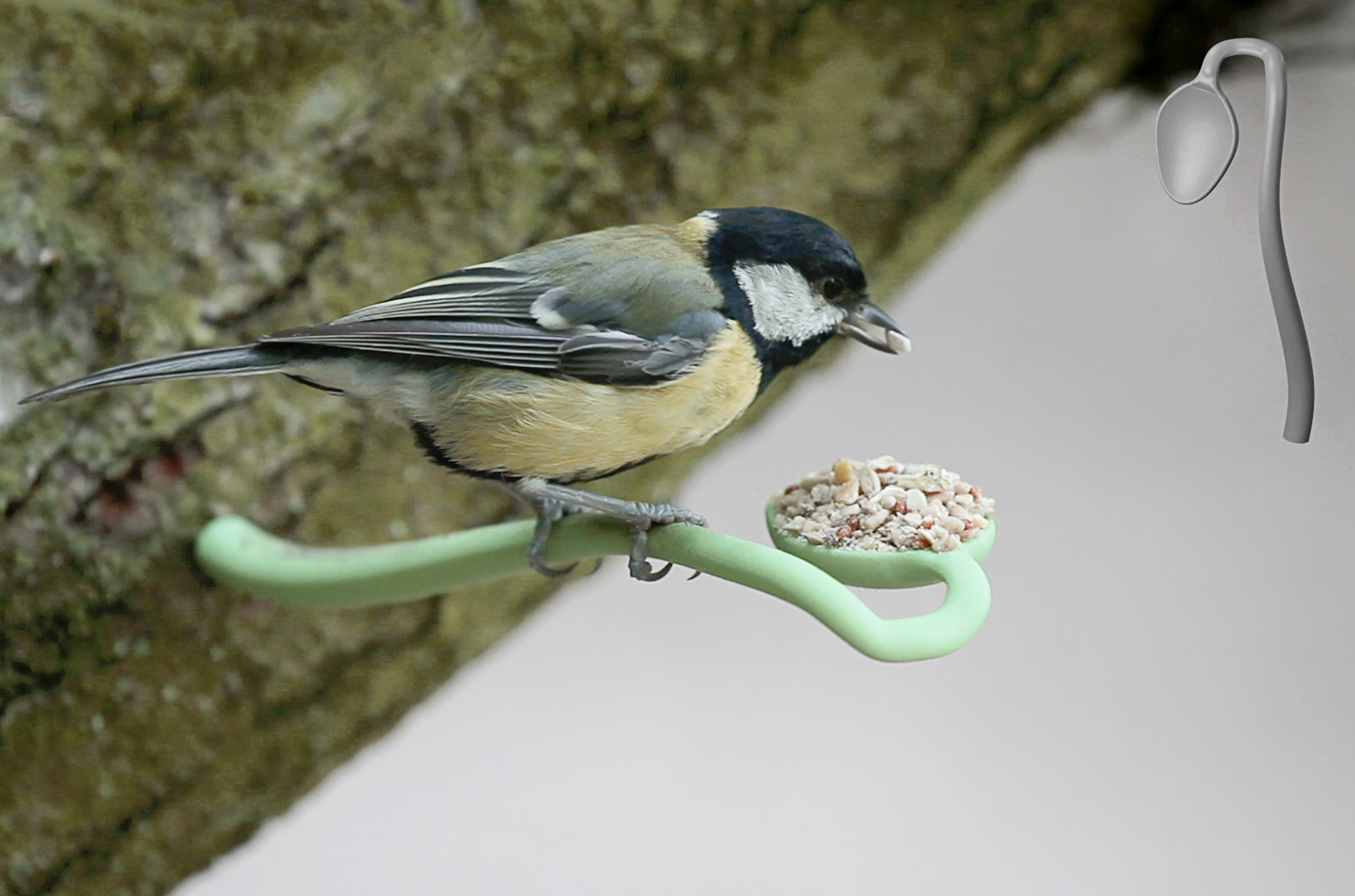On April 15th The American Academy in Rome announced the winners of the 2010-2011 Rome Prize. The Rome Prize is awarded annually through an open national competition that is juried by leading artists and scholars in the fellowship categories. Forty-eight individuals were invited to make up nine peer juries to review the applications this year. Recipients of the 114th annual Rome Prize Competition are provided with a fellowship that includes a stipend, a study or studio, and room and board for a period of 6 months to 2 years in Rome, Italy.
This year, among the many recipients is one of our previously featured artists, Fritz Haeg. We find Fritz’s award particularly exciting because is recognizes his a-typical approach to practice and his unique focus on the habitats of other species as valuable to the practice of Architecture and Design. We first met Fritz at the Systems of Sustainability symposium at the University of Houston last year and have been closely watching his work since. Congratulations Fritz. This a great award for a so many reasons.
For more information about the Rome Prize visit here.
For more information about Fritz Haeg’s work check out his website.


